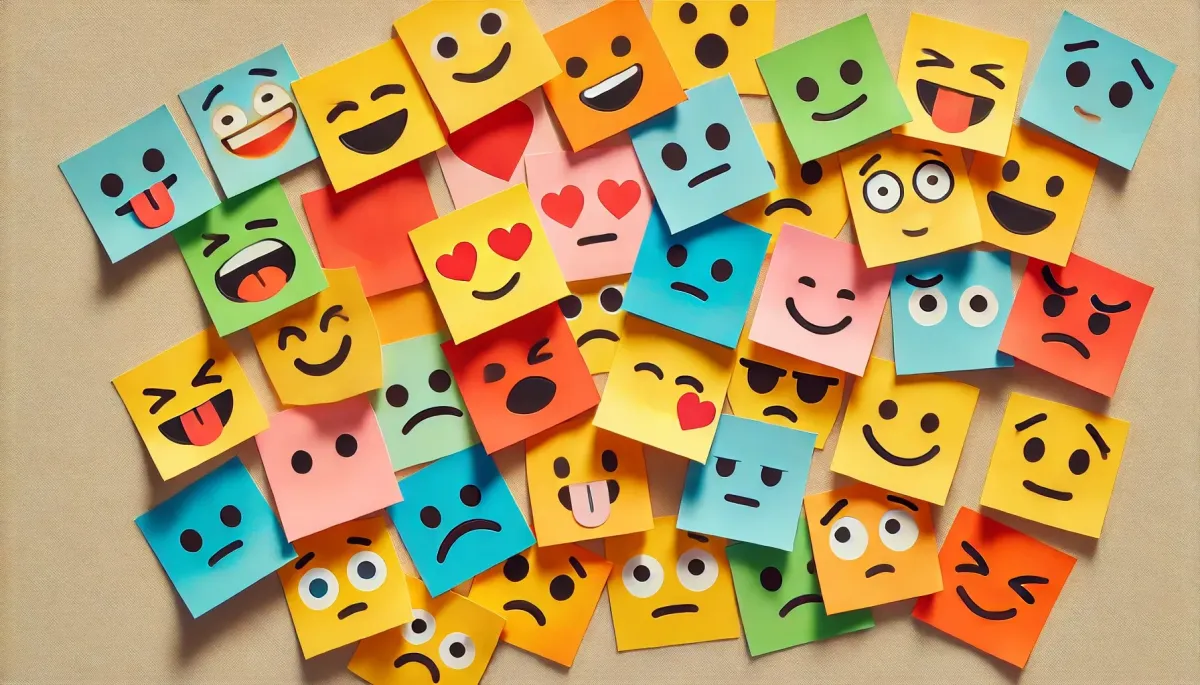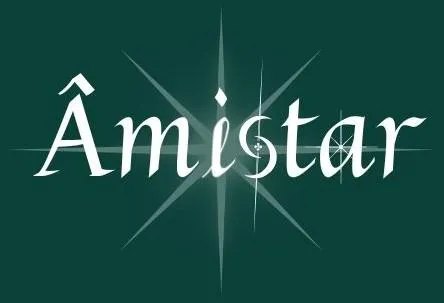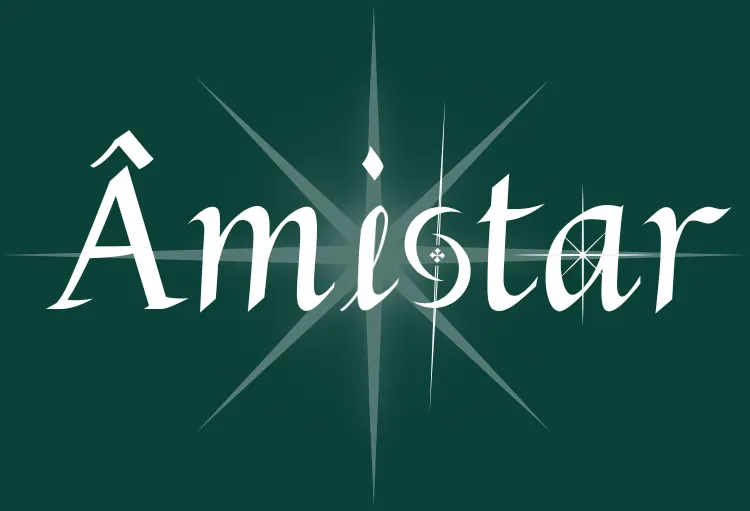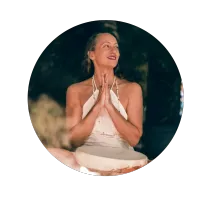Veterans at Indigenous healing ceremony
Veterans at Indigenous healing ceremony
Recent Articles

On The Complexity of Being Human
How do you feel today? Too broad, right? You’ve likely felt a dozen different ways already. Okay, how do you feel in this moment? Too narrow—because even now, you are probably experiencing multiple thoughts and emotions all at once.
One of the greatest challenges in understanding our emotions is that they are never just one thing. Our culture often pushes the idea that emotions are singular and definitive—“I am happy” or “I am sad”—as if these states are all-encompassing and exclusive. But in reality, I can be happy while another part of me grieves. I can feel irate about a situation while simultaneously experiencing relief. I can be both excited and terrified at the same time.
The idea that a single word can capture the depth of our emotional experience is an illusion, one that keeps us from truly expressing the richness of our inner world. Add to that the expectation of quick, surface-level interactions—the social script of “How are you?” met with “I’m good, and you?”—and we find ourselves missing out on real conversations about the complexity of being human.
Psychologist Dr. Richard Schwartz explores this in his work on Internal Family Systems (IFS), a framework that recognizes the many “parts” within us. IFS provides a beautiful foundation for understanding our inner world, and I encourage you to explore it. But I don’t believe we need to form long-term relationships with every aspect of our psyche just to acknowledge that we—our emotions, our experiences—are layered and intricate.
What’s truly needed is compassion. If we can extend compassion to our own complexity, we create more space to extend it to others.
And the world needs more compassion.
Especially now.
The World Feels Like It’s on Fire—How Do We Stay Present?
In many ways, it feels like the world is unraveling. Conflicts rage, injustices mount, and the sheer weight of suffering can be paralyzing. And yet, life moves forward. We still need to make dinner, pay bills, take care of our families.
How do we balance the care we feel for our communities, our countries, and the world at large with the reality of our day-to-day lives? It’s a delicate dance, and I don’t claim to have all the answers. But two questions helps me find my footing:
First, "Is there something I can personally do about this?"
If the answer is yes, I ask an equally important question: "Do I have the time and energy right now?"
If that's also a yes, I take action. If I can’t, I honor the compassion I feel by acknowledging it, I send love or healing vibes or say a prayer, and then I return to what is mine to do. Because if I allow myself to continually be distracted by all of the pains of the world, then I will be unable to function. I won't have the resources and energy to do the work that I am here to do.
But knowing this and practicing it are two different things. Sometimes, the complexity of life crashes in, and it becomes hard to discern what is mine to hold and what I need to release.
Recently I found myself deep in my own experience of emotional complexity.
When Complexity Feels Overwhelming
For the past 18 months, I’ve been waiting to finalize a major transaction—the purchase of the land where I plan to build my home, as well as a community and retreat center. After countless delays, it finally seemed like everything was in place. And then, new issues emerged.
For about a week, I felt completely overwhelmed—defeated, exhausted. A series of things happened that made me wonder: Was this a sign? Was God, the Universe, trying to tell me to walk away? But I couldn’t tell. I couldn’t even feel into my own body to discern what I truly wanted anymore. Instead, I spiraled into much bigger questions. If this project fell through, did that mean I should leave this community altogether? Was I supposed to build in an entirely different country?
I felt unmoored, ungrounded, disconnected from my own knowing.
Thankfully, I had several conversations with people who held space for me as I worked through my confusion. I went to an ecstatic dance, where I quite literally danced, sweated, and sobbed my way through the frustration and anxiety. And then I was held—by a dear old friend and by newer ones—as I slowly pieced together what I could see again.
I still don’t know what’s coming. But I can sit with all of it—the uncertainty, the emotions, the shifting reactions—and return to trust. Trust in myself. Trust in the process. Trust in Creator.
I’m grateful for the tools that allow me to witness and hold myself through moments like this—and for the friends who held me when I couldn’t do it alone. And it’s okay. Life is complex. I am complex. And I am okay.
Honoring Our Complexity
That experience reminded me that complexity isn't something to solve—it's something to witness. And in witnessing, we give ourselves space to hold it all. So, how do we make space for our own emotional landscapes? How do we honor the full spectrum of what we feel without getting lost in it?
Give yourself time to sit with your emotions, without rushing to simplify them. Can you allow yourself to be both grateful and grieving, both hopeful and hesitant?
Offer that space to someone else. The next time you ask, “How are you?”—can you really listen? Can you hold space for their full experience, without needing to fix or minimize it?
Recognize when your nervous system is overwhelmed. When you feel that spike—when your body tenses, your breath shortens—pause. Take a deep breath. Come back to what is yours to do.
As Rainer Maria Rilke wrote:
"Let everything happen to you: beauty and terror. Just keep going. No feeling is final."
Being human is messy. It is contradictory. It is beautiful. And it is ours to embrace.
What might change if you let yourself fully be in your complexity?
With love and gratitude,
~Abi
Resources
If you'd like to explore these ideas further, consider checking out No Bad Parts by Dr. Richard Schwartz, which delves into Internal Family Systems and the idea that every part of us has wisdom to offer. If you’re drawn to a more Zen-based perspective, explore Big Mind, Big Heart, a method developed by Zen teacher Genpo Roshi that blends Buddhist philosophy with psychological insight.
You may also find value in working with an IFS therapist or coach to deepen your understanding of your inner world and cultivate greater self-compassion. If you prefer a self-guided approach, Self-Therapy by Jay Earley is another great introduction to IFS principles.
This is your invitation to join us on this journey of transformation, healing, and friendship that transcends boundaries!
Be part of Amistar's journey! Support our mission of cultivating wellness, nurturing friendships, and building resilient communities in harmony with nature.
Your involvement, whether through sharing this vision, cheering us on, or providing a loan or grant, will help shape a future of deep connection to the Earth and to each other. A future in which we thrive, not just survive.
PLEASE REACH OUT!
If you can make introductions, desire more details, or have ideas to share. Together, let us create a legacy of positive change.
With heartfelt gratitude,
Abi Dorhosti, Lt Col (Ret), USAF






